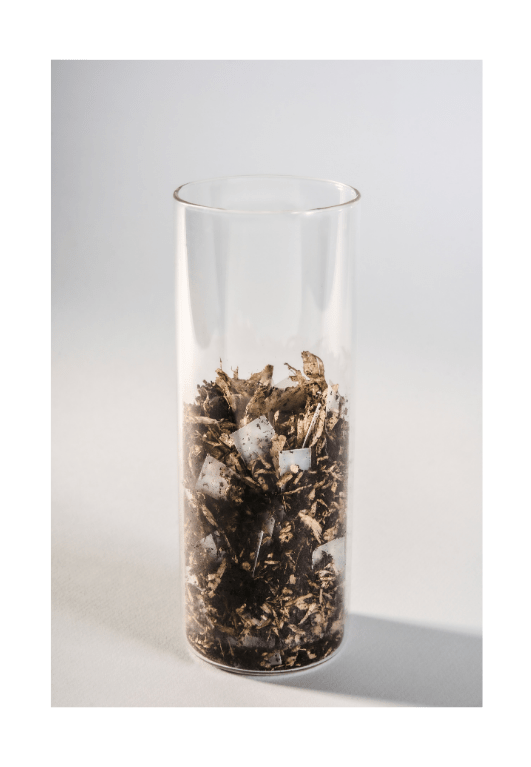Composting and certification
Carbiolice’s aim: to make biosourced and biodegradable plastics compostable, even at ambient temperature.
Every year, an individual living in the United States generates 221 kg of plastic waste, in contrast to 114 kg in European countries and 69 kg in Japan and Korea (source: OECD, 2022).
These remarkable statistics can be reduced through various means, including increasing waste collection rates (compliance with sorting instructions) and adopting new recovery technologies. One such technology is PLA biodegradation, which should be promoted, especially in cases where recycling is not a feasible option.
47%
Of residual household waste could be recycled by combining domestic composting and collective biological management processes (composting or methanisation)*
Thanks to CARBIOS Active, PLA-based plastics are 100% compostable, even at room temperature. In this way, it contributes to the democratisation of bio-waste sorting and composting.
Source: ADEME – MODECOM 2017, National campaign to characterise household and similar waste


What does the law say?
According to the French law on energy transition and green growth (LTECV) of 2015 and European Directive No. 2018/851 of May 30, 2018, starting in January 2024, all professionals and private individuals will be required to separate their bio-waste, with specific sorting solutions made available to them.
The AGEC law (Anti-Waste for a Circular Economy) has also introduced directives aimed at achieving the goal of reducing disposable plastic to 0% by 2040.
With CARBIOS Active, PLA packaging can be recycled in two ways:
Composting
Composting is the biological process of breaking down and transforming fermentable materials into a recyclable product from waste. The organic components are broken down by soil microorganisms, which thrive in the presence of water and oxygen. This process leads to a temperature increase, resulting in the creation of a humified and stabilized organic material known as compost.
CARBIOS Active
Methanisation
Methanization is the natural biological process of breaking down organic matter in the absence of oxygen, unlike composting. Organic pollutants are converted by microorganisms into a gaseous product, including methane, and a residual sludge called digestate, both of which have the potential for reuse. Methanization is also a technique used in anaerobic digestion plants, where the process is accelerated and maintained to produce a combustible gas known as biogas, which becomes biomethane after purification. Bio-waste can thus be recovered in the form of energy, offering numerous advantages, including the dual recovery of organic matter and energy.
CARBIOS Active’s benefits
With CARBIOS Active, flexible and rigid PLA packaging becomes 100% compostable, even at room temperature, and thus joins bio-waste when collected. In an industrial environment, our technology guarantees homogeneous composting of PLA packaging, producing marketable compost free of microplastics.
What’s more, CARBIOS Active guarantees 3x greater methanogenic power and efficiency from 38°C, enabling mesophilic centers (the most numerous in France) to process PLA packaging.








